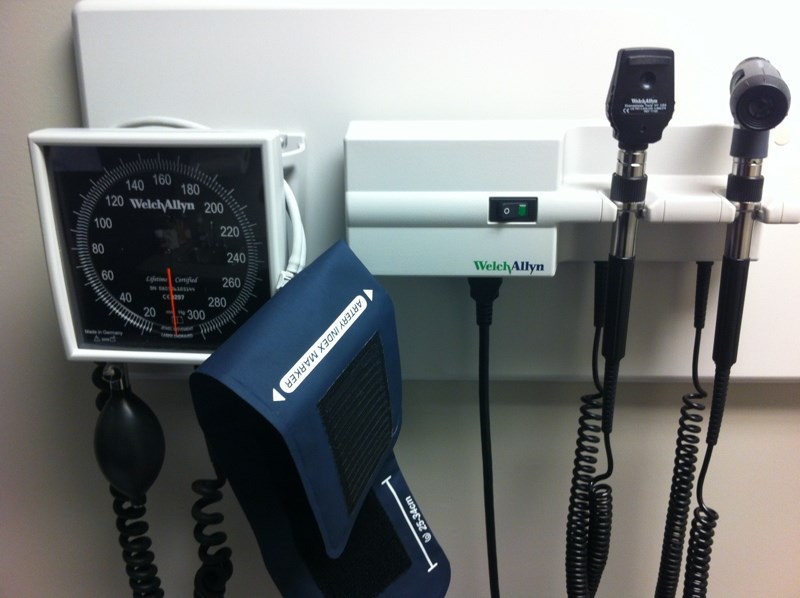The B.C. Supreme Court is hearing a case that, however it turns out, will reshape the face of Canada’s health-care system. Dr. Brian Day, who runs the Cambie Surgery Centre in Vancouver, is arguing that various limitations on private care should be removed.
These include requiring physicians to de-enrol from the public system before they can practise privately, and prohibiting add-on fees for insured services (double-billing).
Day’s argument is simple: Wait lists are sometimes unacceptably long in the public program. For that reason, patients who face such delays should have the option to pay for quicker service at a private clinic.
Day bases his claim on Section 7 of the Canadian Charter of Rights, which guarantees everyone the right to life, liberty and security of the person.
I don’t want to take up the constitutional issue here. I do want to rebut two accompanying claims often made in Day’s support.
The first is that if we expand private medicine, we will take pressure off our overworked public system. There is a Nobel prize in economics waiting for anyone who proves this argument correct.
The main reason we have long wait times is that our training facilities don’t turn out enough physicians to meet demand.
B.C. needs to add about 450 additional doctors every year to keep up with our growing and aging population. But we graduate only 300.
It is this shortfall, not the absence of a private alternative, that generates lineups. Indeed, divert some of these physicians to Day’s clinic, and you only make wait times longer in the public system.
The second argument is that people should have the freedom to choose where, and from whom, they get their care. We can choose which car to buy or apartment to rent. We can choose where to take a vacation. Why limit our options when it comes to seeing a doctor?
This is a false, indeed pernicious, analogy. When you walk onto a used car lot to buy a vehicle, you know what you want and how much you can afford to pay.
There are websites that list appropriate price ranges for each make and model. You can shop around, and if there’s nothing within your price range, wait a while.
Now let’s say you walk into a doctor’s office with severe gut pain. She says: I don’t believe it’s appendicitis, and it’s likely not diverticulitis.
Possibly you have irritable bowel syndrome, or it could be some form of obstruction (i.e. maybe cancer). I recommend we do a colonoscopy.
So what’s your answer? No, I think a colorectal transit study with contrast medium would suit me better. Or, gee, I think a sigmoidoscopy is closer to my price range.
I doubt it. Unlike buying a car, you have no idea what your options are. Plus, you’re in pain and likely scared. If we’re using purchasing logic, you aren’t an informed buyer, and you can’t just walk away.
In the public system, physicians don’t take advantage of this knowledge gap. Why would they? But a colonoscopy brings $1,600 to a private facility. That’s a lot of incentive.
Think it wouldn’t happen? There are private clinics in Vancouver offering anyone who walks through the door a full-body MRI and CT scan. Costs are $825 and above.
Yet there is no medical justification for using full-body imaging as a screening procedure. Indeed, if a CT is involved, the radiation dosage might do more harm than good.
Winston Churchill once said of Vladimir Lenin: “His purpose was to save the world. His method was to blow it up.”
That’s as good a summary as I can find of Day’s campaign. His project would “save” medicare by blowing it up.



